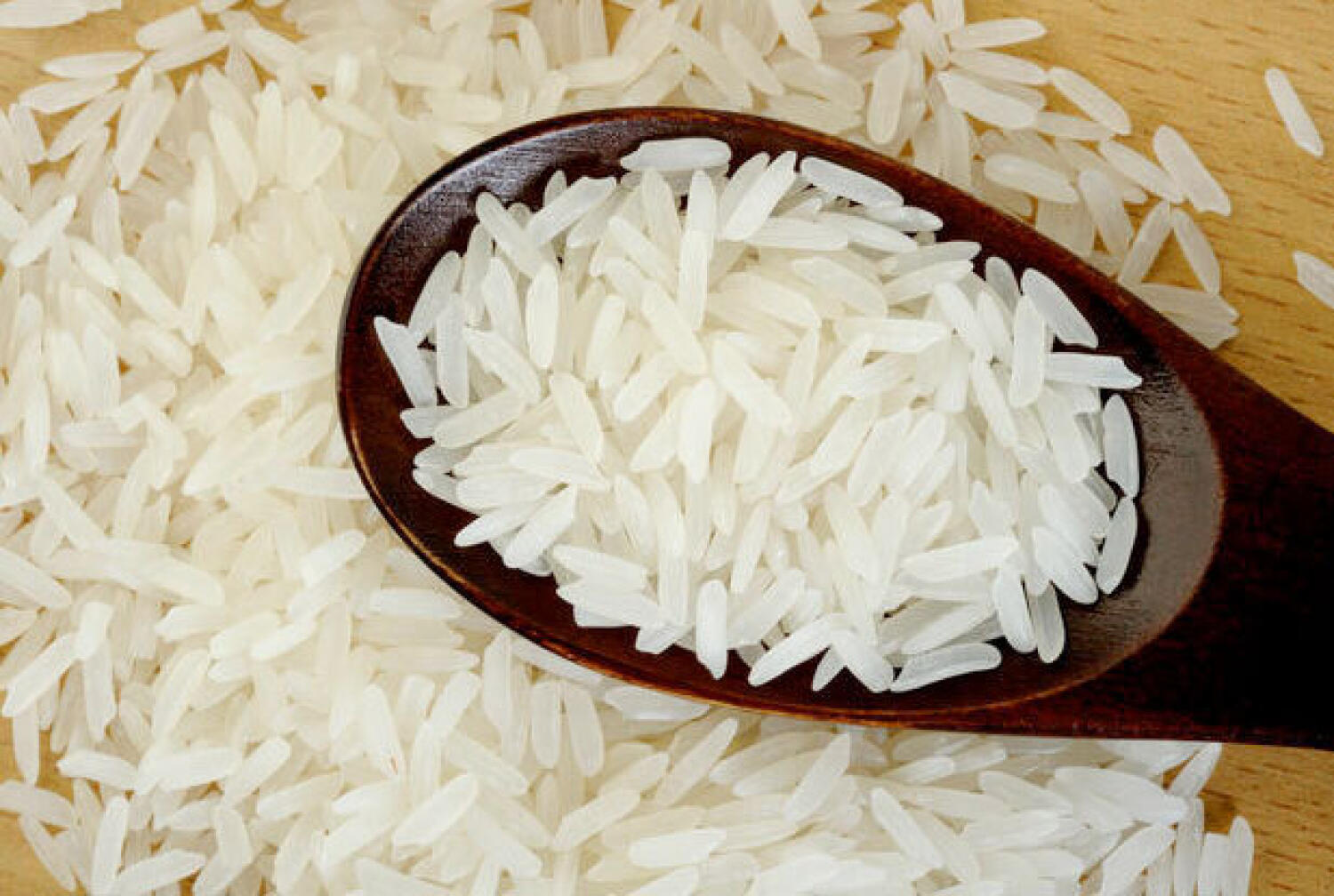UAE Non-Basmati Rice Prices to Drop by 20% as India Lifts Export Ban
India's removal of the export ban on non-basmati white rice is expected to reduce prices in the UAE, benefiting consumers and boosting trade.

Indian government’s decision to remove the ban on non-basmati white rice exports promises price relief and new opportunities for UAE traders.
The UAE is set to experience a 20% drop in non-basmati rice prices following India’s decision to lift its export ban on the commodity. This move, effective immediately, has set a floor price of $490 (around Dh1,800) per tonne and has eliminated export duties, all prompted by a bumper rice crop in the South Asian country. As the world’s largest re-exporter of rice, this development is set to bring significant relief to UAE consumers and create fresh opportunities for the rice trade.
India remains the UAE’s largest rice supplier, exporting millions of tonnes of both basmati and non-basmati varieties every year. Non-basmati rice, accounting for nearly 70% of the UAE’s rice market, includes popular varieties like white rice, Sona Masuri, Jeerakashala, and parboiled rice. This makes the UAE market particularly sensitive to fluctuations in India’s export policies.
Dr. Dhananjay Datar, chairman of Al Adil Supermarkets and affectionately known as the “Masala King,” is optimistic about the impact of this policy change on the UAE market. “This change is expected to cause a significant drop—approximately 20%—in prices in the UAE market very soon,” Dr. Datar stated. He also highlighted the increased opportunities for traders, given the UAE’s role as a major re-export hub globally.
Aside from India, the UAE also imports rice from Thailand and Pakistan, with these nations being the other key rice exporters. Nonetheless, India’s decision to lift the ban is expected to have the most immediate impact, given the country’s dominant position in the UAE rice market.
Indian government data reveals that rice exports had dropped by nearly 25% in the first four months of the fiscal year starting April 1, 2024. However, the bumper crop this year has led the Indian government to not only allow exports but also remove duties, stabilizing local prices while boosting foreign exchange earnings.
For the UAE, this timely intervention comes as a boon for consumers and traders alike, promising a more affordable staple in the near future.
Post Views: 245














